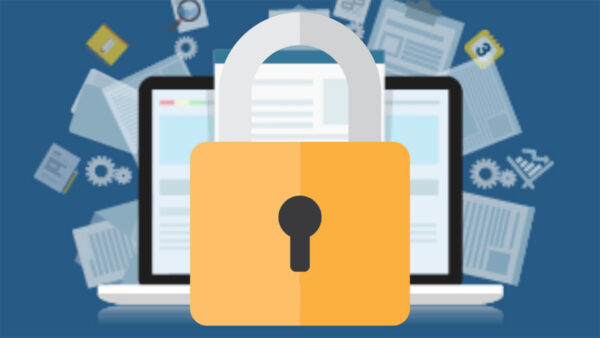Trendy Lifestyle Hacks
10 Tips To Protect Seniors From Getting Scammed
As technology advances and scammers become more sophisticated, protecting seniors from fraud has never been more critical. Elderly individuals are often targeted by fraudsters due to their perceived vulnerability, financial stability, or limited familiarity with digital tools.
To effectively shield seniors from these deceptive schemes, it’s essential to adopt a proactive approach and implement informed strategies. This includes understanding the types of scams they may encounter, educating them about common tactics, and reinforcing best practices for safeguarding their personal information.
Here are ten crucial tips to help protect seniors from falling victim to scams, ensuring their financial security and peace of mind. By applying these strategies, you can play a significant role in safeguarding your loved ones against the emotional and financial impacts of fraud, thereby enhancing their overall well-being in an increasingly complex and often deceptive digital world.
1. Encourage Secure Online Practices

Online security is vital in today’s digital age. Seniors should use strong, unique passwords for each of their online accounts and update them regularly. They should consider using a password manager to help manage and generate secure passwords. Enabling two-factor authentication (2FA) can provide an additional layer of protection, making it harder for unauthorized users to access their accounts even if their passwords are compromised.
2. Protect Physical Documents

Important documents, such as financial statements, tax returns, and personal identification, should be stored securely. Seniors should use a locked safe or secure location to keep these documents safe from theft or unauthorized access. Additionally, they should shred any documents containing sensitive information before disposing of them to prevent identity theft.
3. Be Wary of Unsolicited Offers

Unsolicited offers, especially those promising large sums of money or requiring upfront payments, should be approached with caution. Scammers often use high-pressure tactics to manipulate individuals into making quick decisions. Seniors should take their time to verify the legitimacy of any offer and avoid making payments or providing personal information on the spot.
4. Avoid Giving Out Information Over the Phone
Scammers often use phone calls to impersonate legitimate organizations, such as banks, insurance companies, or even the IRS. Seniors should be encouraged to hang up and call the organization directly using a phone number they know to be genuine if they receive any unsolicited calls requesting personal information.
5. Use Credit Instead of Debit Cards

When making purchases, especially online, seniors might benefit from using credit cards instead of debit cards. Credit cards offer more protection against fraud, and disputed charges can often be reversed more easily. Additionally, seniors should regularly review their credit card statements for unauthorized charges.
6. Educate About Charity Scams

Scammers often exploit seniors’ generosity by creating fake charities, especially during disasters or the holiday season. Before donating, seniors should research the charity using trusted resources like Charity Navigator or the Better Business Bureau’s Wise Giving Alliance to ensure their money goes to a legitimate cause.
7. Set Up Account Alerts
Seniors can safeguard their finances by setting up account alerts through their bank or credit card provider. These alerts provide real-time notifications of account activities like large withdrawals or unusual transactions. By receiving immediate feedback via email or text, seniors can quickly spot and report unauthorized transactions, reducing the risk of significant financial loss and maintaining better control over their finances.
8. Encourage Participation in Community Education Programs
Communities often offer valuable educational programs specifically designed to help seniors recognize and avoid scams. These programs provide up-to-date information on the latest fraud tactics, practical advice on safeguarding personal information, and tips for identifying suspicious activities. Encouraging seniors to participate in these programs not only helps them stay informed about evolving threats but also empowers them with the knowledge and tools to protect themselves from becoming victims of fraud. Regular attendance at such sessions can build their confidence in managing their finances and making safer decisions.
9. Be Aware of Medical Scams

Scammers often target seniors with offers of free medical devices, fake health insurance plans, or fraudulent treatments. Seniors should be skeptical of unsolicited offers and consult their healthcare provider before agreeing to any medical services or devices. It’s also important to guard Medicare and insurance information closely to prevent identity theft.
10. Educate on Safe Social Media Use
Social media platforms can be a target for scammers. Seniors should be guided on how to use social media safely, including adjusting privacy settings to limit who can see their personal information. They should be cautious about accepting friend requests or following accounts from people they don’t know personally and avoid sharing detailed personal information publicly.


